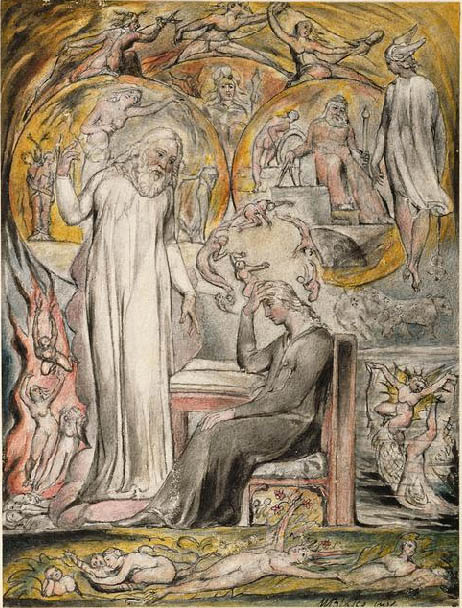httpv://www.youtube.com/watch?v=MqMBHWmTcC8
The first part of a restored version of a previously lost 1927 film, La Passion de Jeanne d’Arc
On this date in 1429 Joan of Arc unsuccessfully besieged La Charité.
Frye on prophesy in The Great Code:
In the post-Biblical period both Christianity and Rabbinical Judaism seem to have accepted the principle that the age of prophecy had ceased, and to have accepted it with a good deal of relief. Medieval Europe had a High King and a High Priest, an Emperor and a Pope, but the distinctively prophetic third force was not recognized. The exceptions prove the rule. The career of Savonarola is again one of martyrdom, and the same is true of Joan of Arc, who illustrates the inability of a hierarchical society to distinguish a Deborah from a Witch of Endor. (CW 19, 148)
